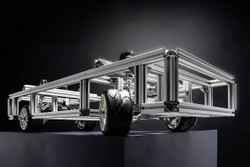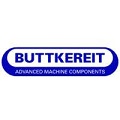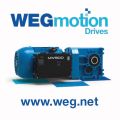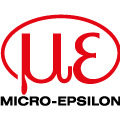
Posted to News on 20th Jun 2015, 12:46
Schaeffler and KIT research assisted steering systems
A collaborative project between Schaeffler and the Karlsruhe Institute for Technology (KIT), Germany, is researching new technologies for improving the energy efficiency of assisted steering systems on electric vehicles.

In conventional vehicles, the internal combustion engine not only accelerates the car but also supplies power to on-board assist systems, including the assisted steering system, which reduces the strain on the driver at the wheel. In electric vehicles, this energy comes from the battery, which as a result also reduces the vehicle's travelling range.
Set up in January 2015 and funded by the Federal Ministry for Education and Research (BMBF) to the value of approx. 600,000 euros over 3 years, the focus of the "Intelligent Assisted Steering System with Optimum Energy Efficiency for Electric Vehicles (e ²-Lenk)' project is to improve the energy efficiency of steering systems by intelligently controlling the drive torque transmitted to each of the four wheels of the vehicle.
As project managers Dr Marcel Mayer of Schaeffler and Dr Michael Frey of KIT explain: "The new assisted steering system would require fewer system components in an electric vehicle, which would mean savings in terms of weight and energy. This, in turn, would mean that an electric car would be cheaper and have a greater travelling range." Due to the optimised design and weight reduction of the vehicle, savings would also be made in terms of reduced materials and vehicle production costs.
The basic idea of the e ²-Lenk project is simple: the wheels in an electric car would be driven individually by electric motors, unlike a car with an internal combustion engine, where all the wheels are provided with equal force. If the wheels on the left side transmit more drive torque to the road than those on the right side, this will result in acceleration of the vehicle to the right without the need to turn the front wheels or consume additional energy for steering. Tracked vehicles or quadrocopters steer using the same principle.
Schaeffler engineer Mayer, Manager of the Automatic Driving Working Group, which is conducting the research as part of the SHARE (Schaeffler Hub for Automotive Research in E-Mobility) collaborative research project at KIT, says "Steering assistance can be provided while driving by means of an intelligent control system and suitable wheel suspension. Only steering when stationary remains a challenge with conventional designs."
Dr Frey, a researcher at KIT's Institute of Vehicle Systems Technology, explains: "With our approach, the assisted steering system is part of the drive train. Steering the front wheels is carried out without using additional energy. We also want to significantly increase the quality of driving. Customer benefit, comfort, safety and reliability go hand in hand here."
As part of the project, functional demonstrators are being built, with which the concepts can be validated and optimised in tests. It is also planned to implement the system in last year's Formula Student racing car built by the university group KA-RaceIng with the participation of the students.
e ²-Lenk is the first publicly-funded joint project as part of the SHARE collaborative research project at KIT between Schaeffler Technologies AG & Co. KG and KIT. This joint project is being managed at KIT's East Campus in a joint project management office run by SHARE and the Institute of Vehicle Systems Technology (FAST).
Schaeffler and KIT are partners in the Electric Mobility Cluster of Excellence Southwest (ESW), which connects over 80 stakeholders from science and economics in the Karlsruhe region of Mannheim, Stuttgart and Ulm. The cluster strategy of the ESW aims to achieve intensive regional collaboration in the field of electric mobility by means of new approaches and forms of cooperation. As a result, knowledge is developed, consolidated and ultimately advantages are achieved in global competitiveness.
For more information about the collaborative project and Schaeffler's interest in the energy efficiency of assisted steering systems on electric vehicles, please go to www.schaeffler.co.uk.






























